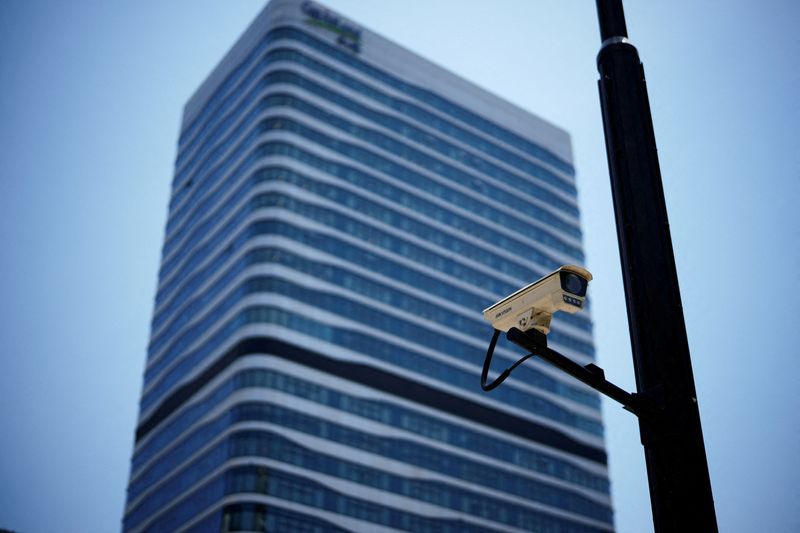By Samuel Shen and Xie Yu
SHANGHAI/HONG KONG (Reuters) - Smaller consultancy and due-diligence firms in China reckon they stand to gain once business returns to normal after the shock administered by Beijing's crackdown on firms supplying information deemed too sensitive to be shared with foreigners.
The crackdown, which ensnared Shanghai-based market leader Capvision earlier this month, and a sweeping update to anti-espionage legislation that comes into effect from July 1, has made some consultants in the country scramble to reduce risk.
But, given the hopes invested in China's economic growth and liberalisation, foreign firms' demand for expert knowledge about the Chinese market, the regulatory landscape, potential business partners and opportunities will inevitably keep growing.
Estimating the market for expert insights for China at $1 billion last year, U.S. consultancy Frost & Sullivan reckoned it would nearly double to $1.9 billion in 2025.
"Due diligence demand is huge among foreign companies," said Lu Xiaomeng, director of geo-technology at Eurasia Group.
For example, about 600 Chinese companies are blacklisted by Washington and subject to export control, "but every month there are many, many new Chinese companies emerging, offering similar products", so U.S. companies doing business with China demand expert knowledge to be fully compliant, Lu said.
"WAKE-UP CALL"
State-run CCTV reported this month "expert network" services firm Capvision had accepted projects from overseas firms to source information, including "state secrets and intelligence" on sensitive sectors including defence and advanced technology.
Smaller firms saw opportunity to fill the space left by any rivals, like Capvision, that fall foul of China's authorities.
"When a whale falls, all things are born," said one senior executive at a consultancy in Shanghai, anticipating that Chinese state firms will be reviewing their exposure to Capvision.
China's expert network market, however, will suffer from bad publicity in the short-term, as "no one wants to be associated with police crackdown," said Max Friberg, CEO of Inex One, a Stockholm-based marketplace connecting investors with expert networks.
But over the long-term, the sector - which has been more informal in China compared with the West - will become better regulated, and demand will likely rebound for insights that help investors and companies make better decisions, he said.
For now though, the trade in expert information clearly has become more cautious.
"It's unfortunate that the expert network business gets into the public limelight in such a way," China Insights Consultancy (CIC), the country's second largest expert network company, said in a statement to Reuters.
"As a leading homegrown participant, CIC has always abided by relevant laws and regulations," CIC said, adding it will continue to "contribute to the healthy development of the industry as well as China's economic growth."
Industry insiders say they have encountered situations where some clients would push for information that might breach confidentiality, blurring the lines between what is legal and what is not.
A risk consultant in Hong Kong said due-diligence firms in China would shy away from research involving sensitive areas and the "quality of information" one can get on these sectors would be much more limited.

Friburg said the Capvision incident would make clients "think more about who they engage with, and how they engage with these expert networks."
"This is a wake up call for everyone," he said.